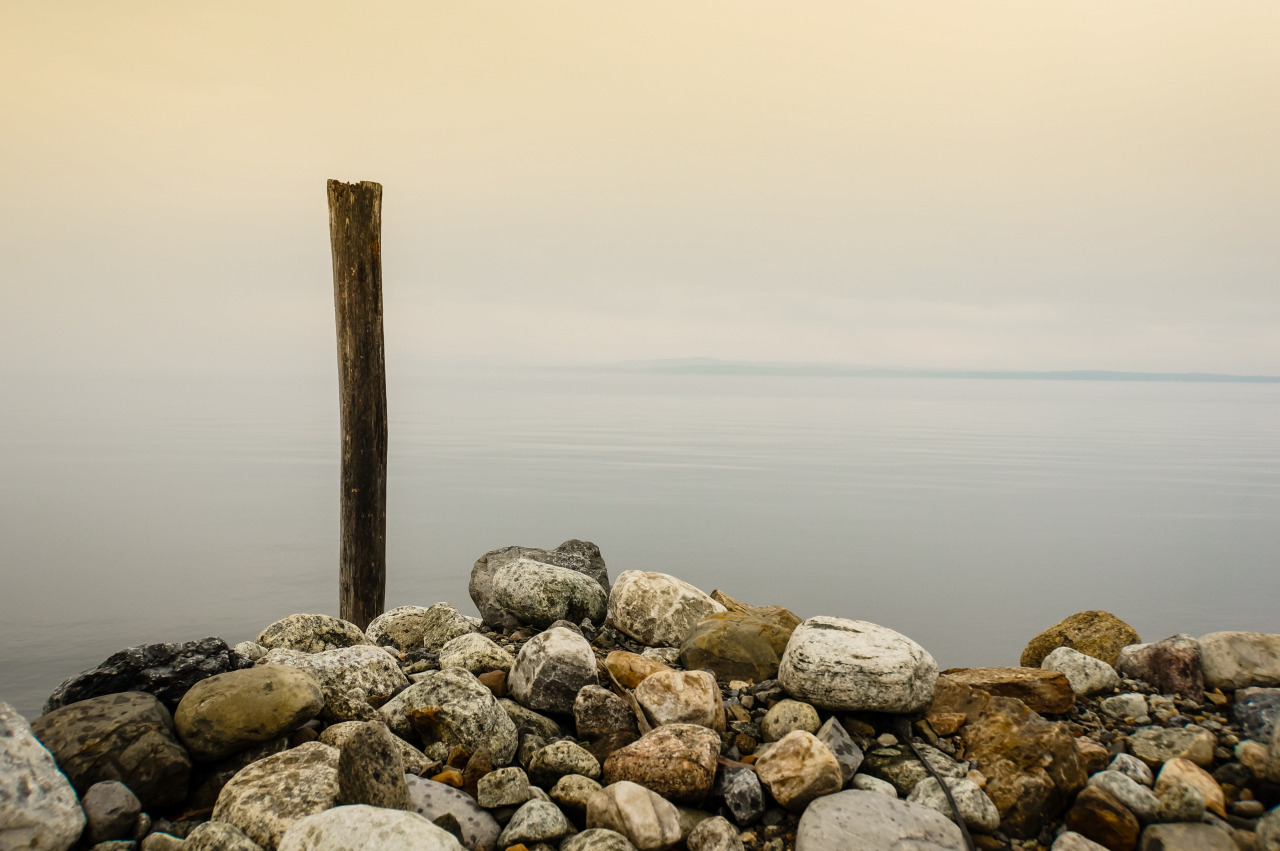The trickles of sweat left channels cut through the layer of fine dust on her skin and fell to spot the dry dirt between her hands. She stabbed at the hard surface with her trowel, trying to break the surface enough to plant a biopacket deep enough.
“Having much luck?”
“It’s even harder here.” She looked up, shielding her eyes against the sunlight. Doctor Neves stood over her, hands on hips. She added, “It’s spreading slower.”
It had been a dead world when they landed, not even bacteria. Nothing will grow in dead dirt: one needs soil. “We have to be patient, Morgan.” Neves sighed. “It was always going to be this way, no matter where we put down.”
She didn’t respond; he wasn’t telling her anything she didn’t know. She pulled up another clod of dirt hoping to find living earth underneath, but found only more of the same, and kicked more dust up into the air in the process.
“Come on in. Take a break. Andy’s got the big-screen working again.”
She looked back at the few dozen rows of biopacket holes behind her, between her and the habitats; she turned and looked out across the desolate flats stretching towards a slightly too-close horizon. “Yeah, ok.”
--- --- --- ---
“Happy Birthday to you, Happy Birthday to you, Happy Birthday dear Grandma, Happy Birthday to you!” They made the children sing it, as was tradition, while the adults stood around the periphery and recorded video for the archive.
Morgan smiled, leaned her cane against the table to clap with both hands. “Thank you, thank you.”
There was a cake, but no candles. Morgan let the festivities bubble around her, watching children run around, watching one of her daughters-in-law cut the cake, watching her grandson Earl bring her a piece everyone knew she wouldn’t eat. “Thank you, dear.”
“How does ninety feel?”
“Not bad. Low gravity helps.”
He chuckled. They always did that, the second generation, the ones born here, whenever their parents made any comment about how this — the only home they knew — was different from Earth. “I think Angie’s got a present for you.”
“Oh? Angie?” There were so many of them, by now. “Angie…”
“Hiram’s youngest.”
“Oh, Angie. Why didn’t you say so. Where is she?”
“Let me see if I can find her.”
There was a video loop playing on the big screen, a montage of her life: digging, talking, digging some more, getting married, holding an infant Hiram, digging, talking. She lost herself in it for a bit, remembering, until she felt a little hand tap her on the leg.
“Grandma, happy birthday.” Angie, beaming, stood at her knees with her hands behind her back. She brought her arms around, and yelled, “Ta-da!”
It was a flower in bloom, capping a long cut stem; Morgan reached out with a shaky hand, took it gently between long, bony forefingers.
Earl whispered, “They finally bloomed three days ago. We were afraid they’d be late.”




